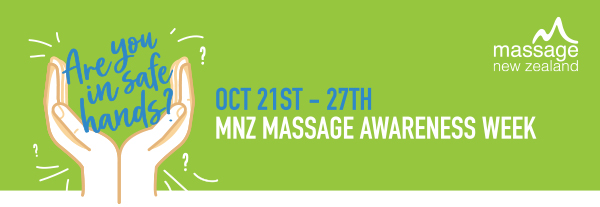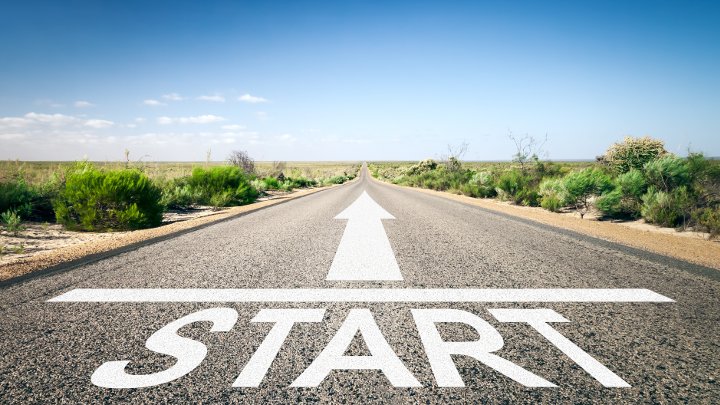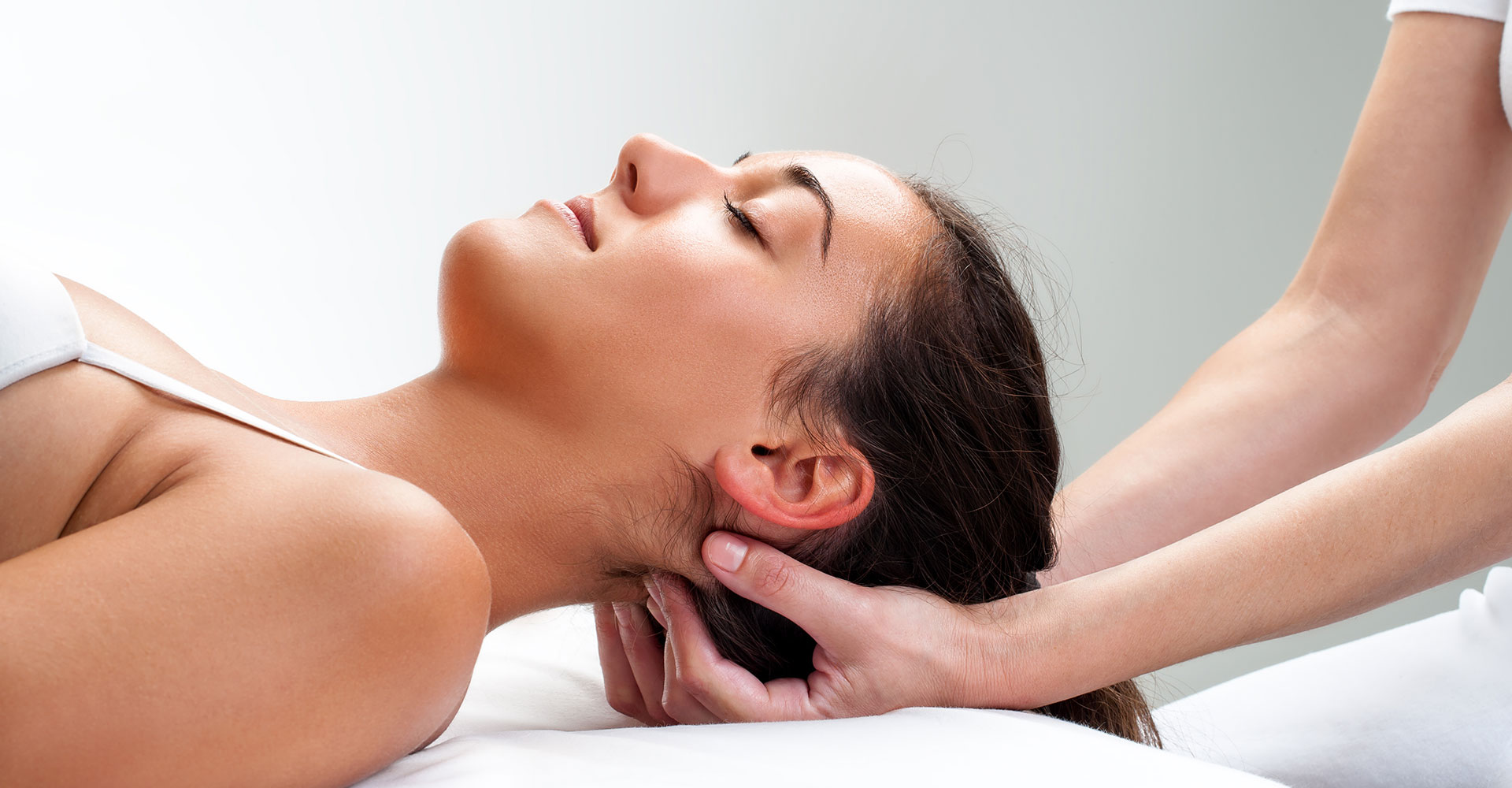Would you go to a Doctor who was not qualified? Would you choose to get your brand new house built by unregistered trades people? Would you open your mouth to a dentist that has learnt from You Tube clips?
Well I do hope that you answered “no” to all three of those questions.
In NZ there is no regulation when it comes to massage therapy. Basically that means that anyone can decide to operate and offer massage therapy without any form of qualification, or belonging to any professional body. In other words, tonight you could decide to Google ‘How to massage’ watch a few video clips and then tomorrow open up a clinic of your own and advertise your new found service to the public, and absolutely no one will bat an eyelid. Therefore it pays to do your homework before you put your precious body or that of a loved one, into the hands of a stranger.
However there are many professional and appropriately qualified massage therapists in NZ. To make sure that you are always putting yourself into safe hands here are a few things that you can do;
- Always choose a Massage New Zealand (MNZ) registered therapist. MNZ is our professional organisation that is available for all massage therapists to be registered with. Like other professional health organisations, there is strict criteria in order for your registration to be approved. Such as a certain level of qualification from an approved NZQA education provider and a current first aid certificate. There is a thorough Recognized Prior Learning (RPL) protocol for internationally trained massage therapists. And it is necessary for all registered therapists to meet a certain amount of continuing education hours every year to maintain registration. If your therapist is not registered, ask why not. It could be a red flag for not being appropriately qualified, or not meeting registration criteria. Or perhaps even being banned.
- Qualifications should be displayed. It actually takes a bloody huge amount of time, effort & money to become a qualified massage therapist and most of us are damn proud to display the fact we have put our blood, sweat and tears into it. Therefore all the massage therapists I know (which is a lot!) all proudly have our qualifications framed and displayed in our clinics/treatment rooms. If your therapist has nothing displayed and can not speak confidently about their education provider then chances are this is a big red flag for not being qualified. Or not completing their qualification.
- Annual Practising Certificate & Code of Ethics. As part of MNZ registration all therapists should have their Annual Practising Certificate (APC) displayed. This Certificate has the name of the therapist, the level of registration, the year of validity and membership number displayed. Next to this should be the MNZ Code of Ethics. If neither of these are displayed, again ask your therapist why. If you are in doubt jump online to the MNZ website a list of all registered members are displayed. A quick search will soon tell you whether they are a member or not.
- Scope of Practice. One of the neat things about studying massage therapy is the discovery of how many tools you can have in your toolbelt when it comes to offering Massage to your clients. You find out what you enjoy offering the most and develop a skill set unique to this. All professional massage therapists will always stay within their scope of practice and quite happily refer you on to another colleague or health professional if they can not offer you the best health advice possible. Therefore if you have disclosed a health issue to your therapist that is not within their scope of practice (such as oncology massage), and they continue to try to treat you without being appropriately skilled then please definitely red flag this.
- Nelly No Mates. As a health & wellness provider your massage therapist will have friends. What I mean by this, is they will have other massage colleagues that they regularly touch base with, at conferences, at workshops etc. They will have Physio’s, Osteopaths, Naturopaths etc that they refer clients on to or share clients with. In other words they will have a network. Even those who live in isolated areas, there will always be a network. So if your therapist doesn’t have a network. This could be a big red flag for trying to stay under the radar because they need too.
- Body Geeks. I am pretty sure that all my lovely colleagues will agree with me on this one, when I lovingly call us all body geeks. The thing with the human body is that it is so damn interesting. Throw in all the unique aspects of a person’s history, background, biomechanics and holey moley you can get a group of massage therapists talking for hours. I am not kidding about this at all #getbetterworkstories. We actually all love continuing education and seeking more knowledge. If your therapist is not in this category, it doesn’t mean they are unqualified or unregistered. But you could probably be getting a much better service from someone else.
Hopefully you will never ever need to, but if you feel like you are in an unsafe situation. Please speak up. Ask your therapist to stop. If you need, tell someone about your experience. Contact Massage New Zealand, the Health & Disability Commission or the NZ Police.


